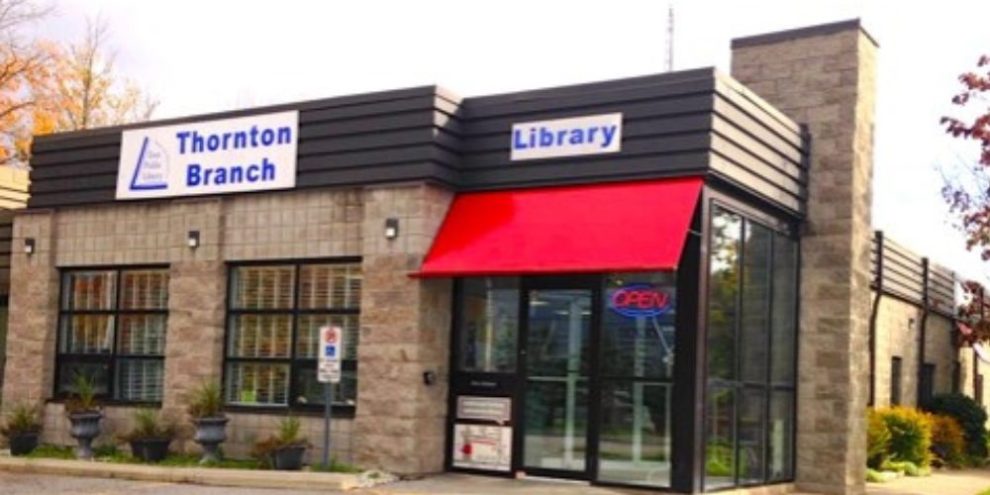
files from The Canadian Press
The CEO of Essa Public Library would like to offer more to people who use their two branches, but Laura Wark says that compared to the Barrie Public Library, they have far fewer resources to spend on e-books, e-audiobooks and databases.
Wark backs a call by Ontario's libraries that are asking the government to create a provincewide digital public library to ensure residents in smaller municipalities have the same access to materials as people in large, urban centres.
"It would certainly benefit a system like Essa," says Wark, which has a branch in Thornton and another in Angus. "We are a small to moderate library system and our council funds the bulk of our activity and resources, and they are always working to keep the tax base as low as possible and that puts a strain on what the public library can afford."
Dina Stevens, executive director of the Federation of Ontario Public Libraries says libraries are mostly funded by municipalities, so each library has to purchase its own material.
Looking at her budget, Wark says they spend 0.01 per cent on e-books.
"It's a really small envelope, and they are far costlier than physical books due to some copyright issues with the publishers."
Where Essa Public Library lacks, according to Wark, is multilingual items.
"We have a small French digital collection but in terms of newcomers or other languages that are represented in our area, they are much harder to obtain and more costly to obtain."
In the area of encyclopedias or news information, thanks to collective purchasing, Wark says they are able to afford the material that would otherwise be hard to obtain.
"We have a wishlist of databases that we could not afford on our own, so that's why the provincial digital library is a very attractive idea."
The former Liberal government promised to create an Ontario Digital Public Library — though that came mere days before the start of the 2018 election campaign that gutted the party — and similar systems exist in other provinces. Creating one for Ontario would cost the province $9.4 million per year, Stevens estimates.
Wark says she has a concern that because there is a long wait and hold for e-books, sometimes people are frustrated.
"For e-books and different digital resources, waiting lists could be months, and for a popular item it can be four to five months on occasion."
She says they are not a library that can afford to purchase multiple copies from the e-book level.
"Our populations are getting a lower quality experience than certainly large urban settings," says Wark. "If you cast the lenses even further when you consider our Indigenous public libraries in the province with a negligible funding base, then it's really a concern."
Libraries are also asking that their provincial funding not be cut. The level of funding has been frozen for more than 25 years, but the libraries are not asking for an increase, just that the level be maintained.
The Public Library Operating Grant that comes from the province makes up a small portion of their budgets, but is critical to support operations, broadband connectivity and pay equity, Stevens said.
The Progressive Conservative government in 2019 cut funding to library services, though not the libraries themselves, affecting inter-library loan services.
A spokesperson for Tourism, Culture and Sport Minister Neil Lumsden said Ontario's libraries are a key pillar in building strong, vibrant communities.
"The increase in digital technology and products has also transformed how Ontarians access information and services," Alan Sakach wrote in a statement.
"The province is providing $27 million to the public library sector through a range of programs including supports for modernization, including broadband upgrades, public internet access and digital services."





